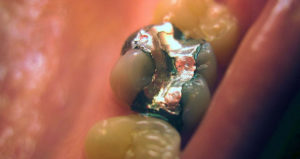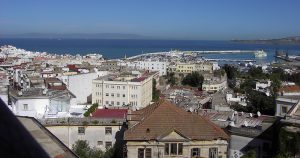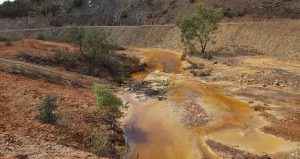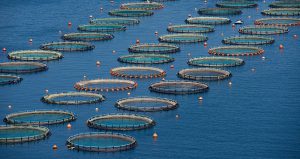LIFE-report: Poor quality coastal waters in the EU
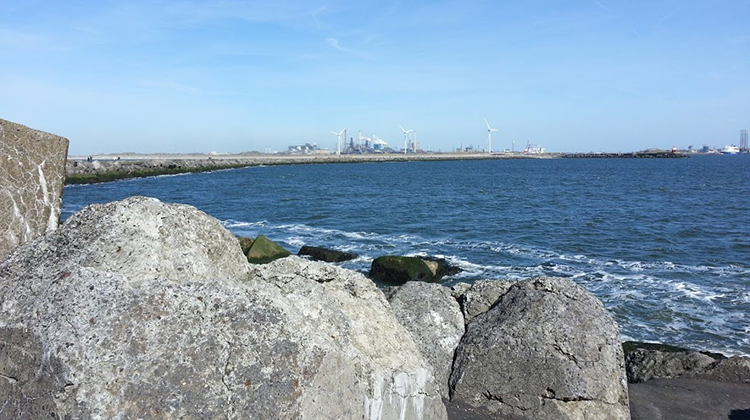
- 29 June 2017
-
Editorial Team
Share article:
The quality of coastal waters is still poor in many coastal areas in Europe, particularly in the Baltic Sea, Black Sea and North Sea. Moreover EU Member States report that only 13% of coastal species are in a ‘favourable’ conservation status, while 73% of coastal habitats are assessed as being ‘bad’ or ‘inadequate’. A new publication on LIFE and Coastal Habitats is not positive about the ecological status of Europe’s coastline, which is estimated to stretch almost 68.000 kilometres.
The new LIFE-report states climate change is likely to increase pressures on coastal ecosystems and communities. It highlights the issues threatening Europe’s coastal habitats and how the LIFE programme has addresses them. It is in the interests of all business sectors, from tourism to shipping and fisheries, to safeguard and improve the health of the coastal ecosystems. Adopting an ecosystem approach will support growth and jobs.
Best practices
Despite the poor results Humberto Delgado Rosa, Director for Natural Capital at DG Environment of states the LIFE-programme has been a catalyst for actions to improve the conservation status and resilience of coastal habitats across the EU.” The publication also includes best practices from dune habitat conservation in the Baltic to coastal lagoon protection in the Black Sea. It features sections on all the different types of habitats targeted by the programme and concludes with a focus on the cross-cutting management issues facing coastal regions.
LIFE
The Financial Instrument for the Environment and Climate Action (LIFE) is launched by the European Commission and coordinated by the Environment and Climate Action Directorates-General. The European Commission has delegated the implementation of many components of the LIFE programme to the Executive Agency for Small and Medium-sized Enterprises (EASME).
Policy instruments
Ecosystems-based approaches are an important part of the EU’s integrated policy response to the challenges facing coastal areas. This response spans water, nature protection, pollution, fisheries, climate change and spatial planning and is centred on several policy instruments, including the Marine Strategy Framework Directive (MSFD), Water Framework Directive (WFD), Birds Directive, Habitats Directive and EU Biodiversity Strategy to 2020.
European directives
The MSFD sets the objective of achieving a ‘good environmental status’ for many specific environmental aspects across the entire marine ecosystem; the WFD regulates ecological status in coastal and transitional waters by considering nutrient, chemical and hydromorphological pressures; and the nature directives and Biodiversity Strategy set conservation objectives for improving coastal habitats and species.

